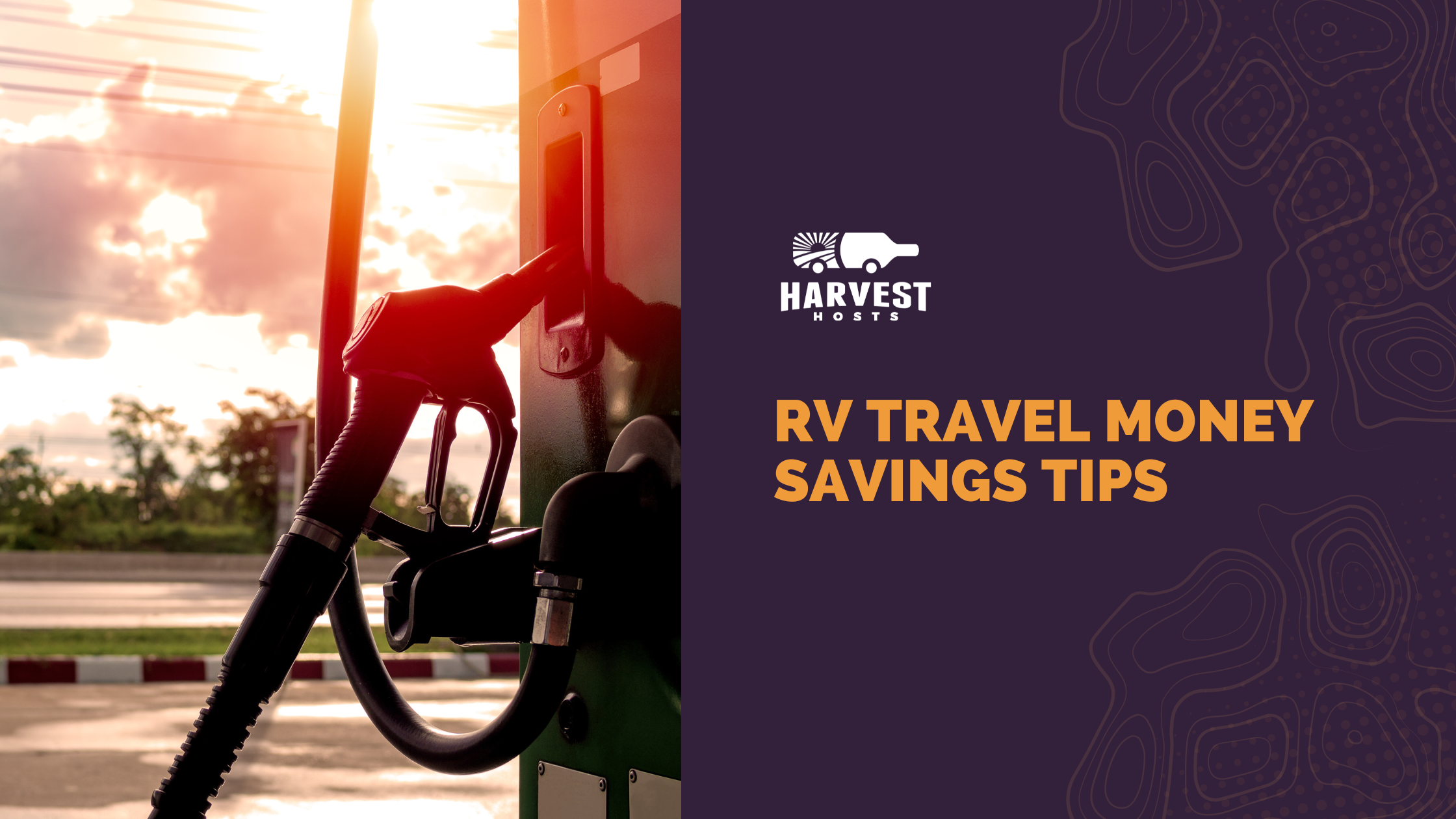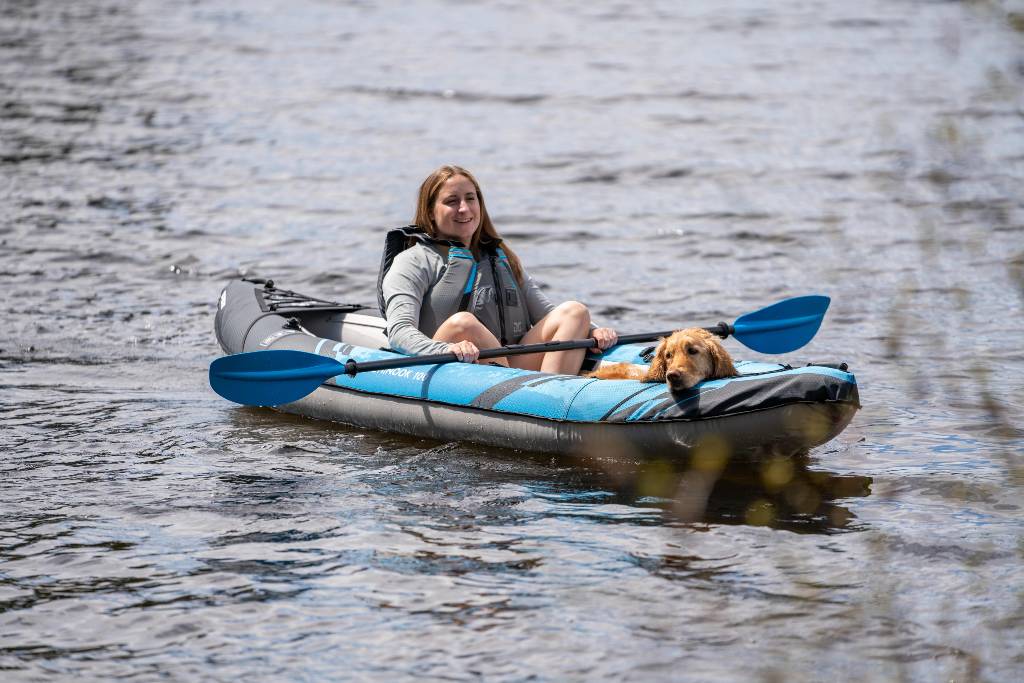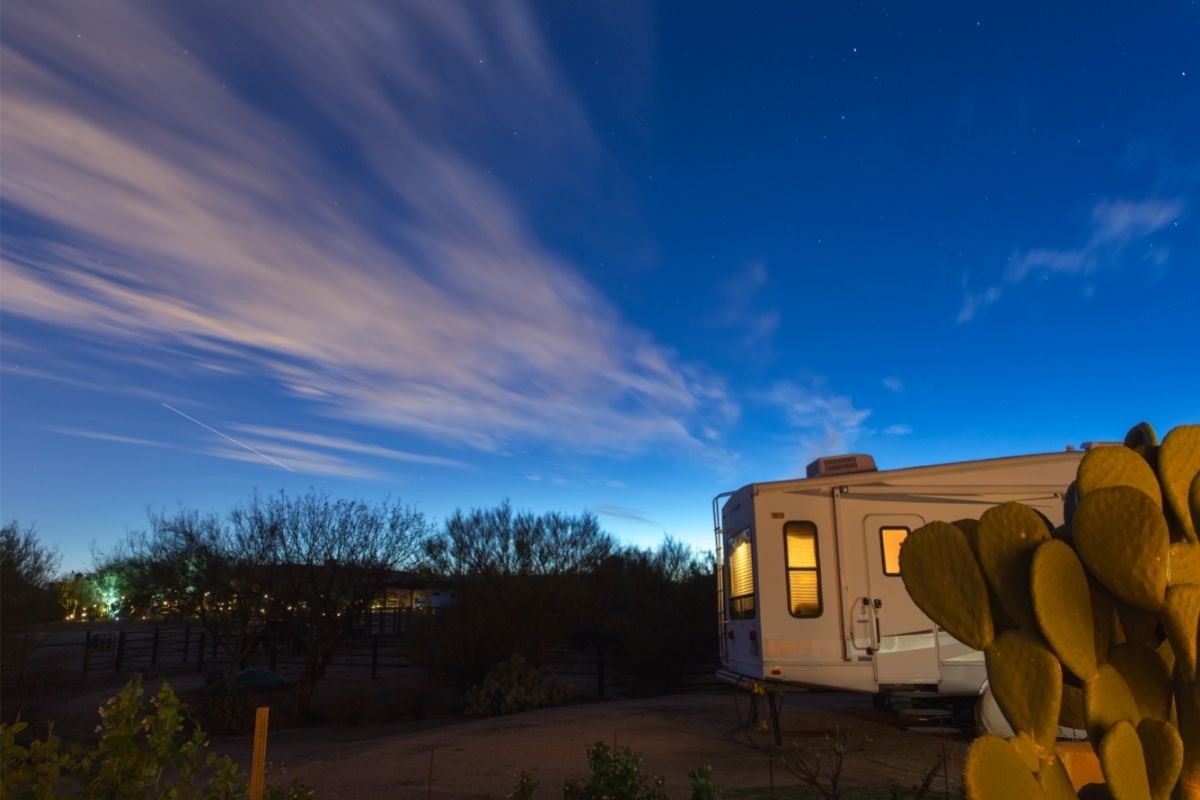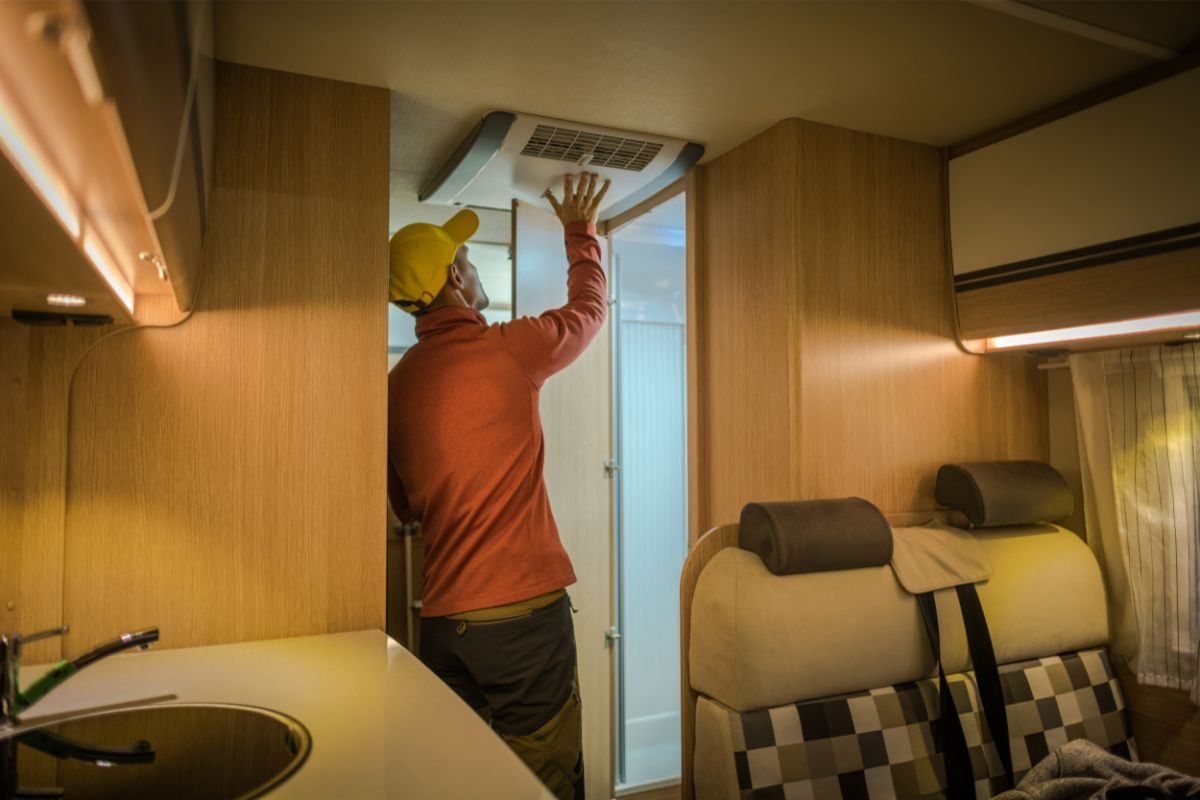6 Practical Money Saving Tips for RV Travel

TL;DR: Maximize savings on RV travel with these six practical tips, from boondocking to off-season travel. Prioritize preventive maintenance to avoid costly repairs, and improve fuel economy with simple adjustments. Plan free activities and learn DIY maintenance to keep costs down while enjoying the flexibility and freedom of RV life!

RV travel is one of the most flexible, affordable ways to travel; that's one of the many, many reasons to love it. Still, finding ways to save even more money is always a good thing!From tips on how you can adjust your driving habits to improve fuel economy to free family activity ideas and DIY tips, we're sharing six practical money saving tips for RV travel. These tips will come in handy whether you're a here-and-there weekend warrior or you live in your RV full-time.
6 Tips to Help You Save Money on RV Travel
1. Try Boondocking
There aren't a lot of stats out there on the average nightly cost of staying in an RV park because there are so many variables. Rates vary significantly for sites with versus without hookups, premium waterfront or view sites, the length of your rig, the type of land it's on (national park, privately-owned, etc.), and other factors.
Even without hard data, though, you can safely count on at least $30 for a site in an RV park with hookups — and that's being extremely conservative. Sites with hookups in many places are upwards of $40 and it's becoming not-at-all-uncommon to see numbers in the $60s and $70s. Add that up over the course of a month, then several months out of a year, and you've got one high cost of RV living.
Fortunately, there are much more affordable solutions. One of them is boondocking, or dry camping. In this method of camping, you camp on free public land, such as national forests and BLM-managed land, and don't use water or electricity hookups, saving quite a bit of cash.
Many people use generators, solar power, or other methods to become more self-sufficient, allowing them to stay out boondocking for longer periods of time. Of course, this style of RV living isn't for everyone, but if you do it even a fraction of the time, you'll start to see the savings add up quickly.
If you're looking for a hybrid model, something between full-blown boondocking and "regular" RV living, consider getting a Harvest Hosts membership. The one-time annual membership fee gives you access to about 3,700 private campsites at wineries, farms, breweries, and more! Start saving money today by boondocking at a Harvest Hosts location just one night per month, and see how much you could save in the long run!
2. Travel Off-season
This is perhaps one of the easiest ways to save money on RV travel. Prices on everything increase during peak times, such as holidays, weekends, and major school breaks like spring break and summer vacation. Just like hotels, campsites often have on- and off-season rates, and this is common with attractions, as well. Whenever possible, adjust your plans and travel just slightly out of season.
Insider tip: the weeks immediately before major holidays tend to be one of the most affordable, not to mention quietest, times to travel.
3. Prioritize Preventive Maintenance
It's easy to overlook basic preventive maintenance, but for many reasons, it should actually be a top priority. To begin with, regularly doing things like changing your oil, inspecting all seals, maintaining proper tire pressure, and when the time comes, winterizing your RV, will make your rig run longer and more efficiently. It can also keep you from having to spend even more money on a major repair.
4. Improve Your Fuel Economy
It's easier than you think! With a few drive-time adjustments, you can significantly improve gas mileage and save on fuel costs. Here are a few of our top easy tips:
- When possible, don't drive long distances with full holding tanks. Water and propane are heavy and the more a vehicle weighs, the worse its gas mileage. Try to fill your tanks close to your destination, so your vehicle weight is as low as possible for long drives.
- Drive the speed limit. This one sounds too easy, but it's true — the more you gas it, the lower fuel economy drops. This is even more true when towing!
- Try to avoid idling. Sitting with your engine running is not only terrible for the environment, it's also bad for gas mileage. Turn the engine off at gas stations, when you need to make a quick stop, and even if you're sitting in traffic for extended periods.
- Keep your tires properly inflated. Many people don't realize this, but over- or under-inflated tires actually decrease gas mileage (plus make your tires more likely to blow out!). Make it a habit to check tire pressure every time you fuel up or depart from camp.

5. Plan Free Activities
This is an easy one, because one of the main draws of RV travel is the connection to Mother Nature — who offers all sorts of free things to do! Spend a bit of money upfront in order to have endless ideas at the ready when you're trying to decide what to do.
- Buy an annual national parks pass to gain free entry into U.S. national parks, national recreation areas, national monuments, and more. As a bonus, your pass also gets you discounted campsites in national forests and on BLM land! The pass pays for itself quickly, when you consider it costs at least $30 to enter most national parks.
- Put together "busy bags" for rainy days with classic board games, puzzles, and good old-fashioned books.
- Invest in some quality outdoor "toys" to save on rental costs (and keep you in shape!). You can easily keep bicycles, inflatable kayaks, or paddleboards, with you in an RV and once you own it, you can use it whenever and wherever you'd like!
6. Learn to DIY
Any experienced RVer will tell you that one of the most costly expenses is repairs. No matter how nice or how new your rig is, things will break; that's simply the nature of driving something big, heavy, and made of thousands of very literal moving parts.While you can't completely prevent RV repairs, you can try to prevent some of them and prepare for when they do happen. Get yourself a basic but high-quality tool set and search YouTube or Reddit for "DIY RV maintenance" and "RV repair tutorials." There are countless options, so find some that resonate with you and start learning different ways you can do your own preventive maintenance. When the time comes for a repair, you'll be better-equipped to do it yourself. One word of warning, though: electrical repairs, in particular, should always be left to the professionals.


